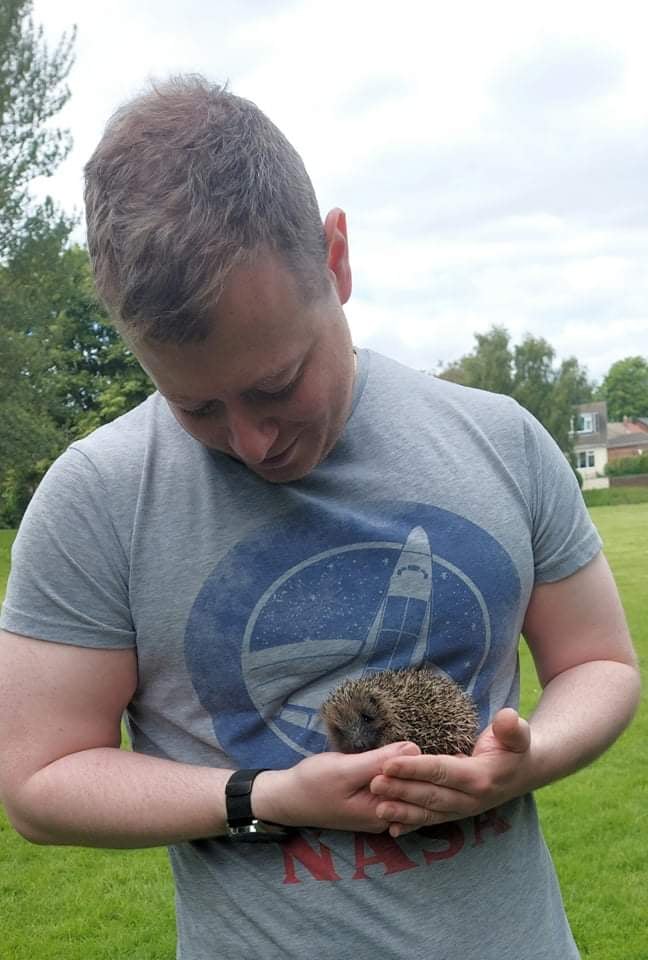
The ex Tomorrow’s World presenter Judith Hann has backed better training for science teachers to inspire other women.
Ms Hann has called for “more and better-trained” science teachers to inspire other women to go into science, technology, engineering and mathematics (STEM) careers.
The Zoology and Botany graduate from Durham University studied three science A-Level subjects and was inspired by one of her science teachers.
The 73-year-old said: “Because my zoology teacher was so inspiring I decided to study the subject, with botany, at Durham University.
“We need more and better-trained science teachers to inspire other women to go into a STEM career.”
In 2015, there were more women taking some STEM subjects at A-Level, according to WISE Campaign statistics.
Create pie charts
However, despite the rise in some subjects, there were fewer women graduating from university with a degree in a STEM subject.
There was a drop of 5 per cent, with a total of 22,130 women graduating last year with degrees in mathematical sciences, physical sciences, engineering and technology, architecture, building and planning and computer science.
Other individuals in their respective fields have acknowledged that training for science teachers is not the only option.
British film producer and educator 75-year-old Lord David Puttnam said: “What we need to do is find what the triggers are.
“Even girls that become rather good at computing, they actually become teachers. They don’t become engineers.
“The real issue is we need to find better ways of stimulating and encouraging women to take up those careers.
“And at the moment, we haven’t found that magic trick. It’s out there somewhere.”
Max Hyde is the ex-president of the National Union of Teachers (NUT).
The NUT “promotes good inclusive practice that can reduce gender imbalance in subject choice,” she said.
A spokesperson for the NUT added: “The problem you highlight doesn’t mean that teachers need more training or to be better trained.
“We have some of the best trained and most talented teachers in the world.
“The teaching profession is heavily populated by women who provide valuable role models for female students.
“But there is a problem: there is a critical shortage of teachers in these subjects because government policy has made the profession a difficult career choice for graduates to make.”
The spokesperson added: “How can school students progress into these areas beyond school when the subjects are being dramatically reduced or eliminated altogether?”
There are organisations within the North East who are educating children and young people about STEM, such as the STEM Ambassadors Scheme, Think Physics and Girls and Gadgets.
Emma Garrick, a Think Physics outreach specialist for careers and employers, said: “We have a huge STEM shortage and by encouraging more women to think about STEM, we start to plug that STEM shortage.
While a spokesperson from the STEM Ambassadors scheme added: “It’s about equality too; it can be difficult to imagine yourself as a mechanical engineer, a quantity surveyor, or a medical physicist, if you’ve never met one.”
Alison Brown, the leader of Girls and Gadgets and computing lecturer at Teeside University, added: “I would agree that is part of the answer, we also need more female role models.
“As far as lecturing [and] teaching is concerned, part of the problem lies in unconscious bias in the delivery and content of subjects, this even extends to the assessments.
“For instance a change to the way a subject is delivered could make it a better fit for girls.
“There are also wider cultural issues to address.
“These issues could be embedded into training for STEM teachers to help them with the design and development of material.
“This is a complex problem that needs addressing from many different angles.”



